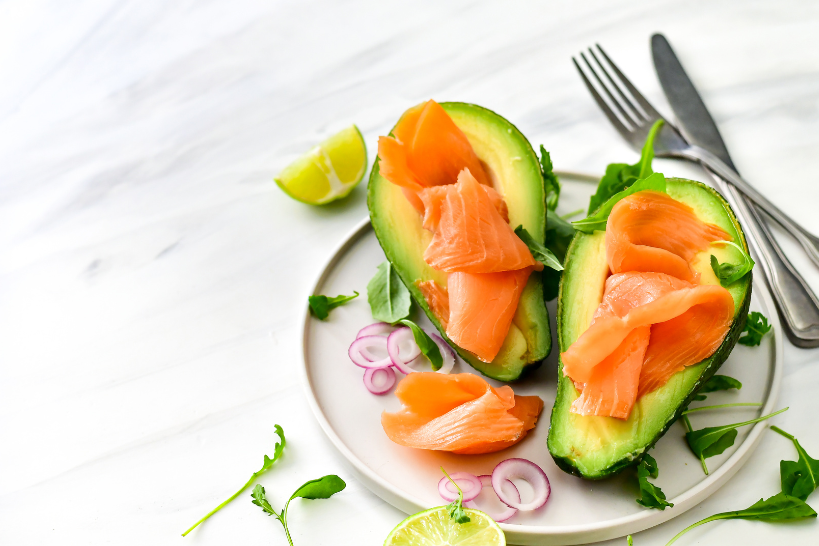The MIND diet stands for “Mediterranean-DASH Intervention for Neurodegenerative Delay.” It’s a hybrid of the Mediterranean and DASH (Dietary Approaches to Stop Hypertension) diets, specifically designed to prevent cognitive decline and dementia. The MIND diet emphasizes foods and nutrients that support brain health.
Benefits:
- Brain Health: The primary goal of the MIND diet is to reduce the risk of neurodegenerative conditions like Alzheimer’s disease.
- Antioxidant-Rich: The emphasis on berries, leafy greens, and other vegetables means a high intake of beneficial antioxidants.
- Anti-Inflammatory: Many foods in the MIND diet, such as nuts, fish, and whole grains, have anti-inflammatory properties.
- Versatile: It’s not overly restrictive, allowing for a variety of foods and making it more sustainable.
The MIND diet categorizes foods into ten “brain-healthy food groups” that one should focus on and five “unhealthy food groups” that one should limit. Adhering even moderately to the MIND diet has been shown to benefit brain health. As always, consulting with a healthcare or nutrition professional before adopting a new diet is recommended.










Morgan Lee –
The MIND Diet has been a revelation for me. Focusing on brain-healthy foods like leafy greens, nuts, berries, and whole grains has not only improved my mental clarity but also my overall well-being.
Riley Patel –
After following the MIND Diet for several months, I’ve noticed a significant improvement in my memory and focus.
Jordan Ellis –
I’ve had a mixed experience with the MIND Diet. While I appreciate its emphasis on brain health and the inclusion of foods rich in antioxidants and omega-3s, I’ve found it somewhat difficult to reduce the intake of butter, cheese, and fried foods
Taylor Greene –
Embracing the MIND Diet has been transformative for me. It’s not just a diet; it’s a lifestyle change that benefits both the brain and body.